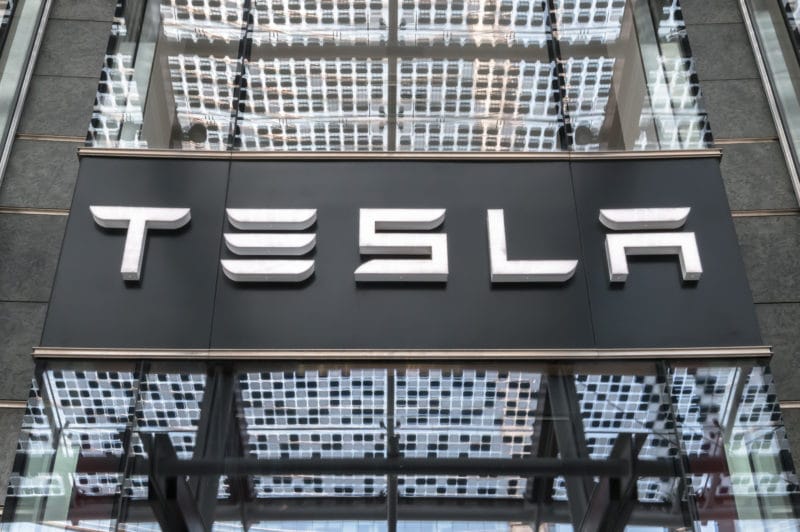Countless articles have been written, and interviews undertaken, in the last couple of months regarding Tesla’s travails, and the behavior of its CEO, Elon Musk.
At some point in every discussion, a flabbergasted writer, TV host, investor, or corporate governance “expert” asks the question: “Where is Tesla’s board in all of this?”
It’s a self-evident, reasonable sounding question. It is also perhaps a touch naïve.

Tesla’s Board Didn’t “Fail”
The incessant questions about Tesla’s board presuppose that it somehow failed. Not really. Tesla’s board performed precisely how it was designed.
Let’s just all be brutally frank. When CEOs install their friends on the board, they do so for one primary reason: to implicitly thwart objective oversight. With few exceptions, friends don’t do a great job of overseeing friends, and CEOs know it.
Tesla’s board – predominantly comprised of “friends of Elon” – likely has performed in accord with its CEO’s expectations: they have been abundantly deferential.
Thinking that a board comprised of a CEO’s friends is somehow going to miraculously transform into a strategic asset for shareholders in certain circumstances is somewhere between unrealistic and fanciful. And, let’s be clear; it’s contrary to the purpose behind the “bro-board’s” architecture.
Despite obviously having a bit of fun with the term itself, two important provisos regarding bro-boards: (1) in my boardroom experience, I’ve learned that you can have a board comprised of sophisticated, highly-credentialed directors (like Tesla’s), but even they will struggle to be fiercely objective and courageous on behalf of shareholders – the hallmarks of great governance – when it comes to overseeing their C-suite friends; and (2) the insidious aspects of bro-boards are also found when board members are all friends with each other, because they, too, shy away from constructive disagreement due to their camaraderie.
This Was a Buy-side Failure
Whether it is CEOs who can’t be fired – like Mark Zuckerberg or Evan Spiegel – or companies with boards like Tesla’s that are stocked with the CEO’s friends, smart investors know that they’re not investing in a company so much as they are investing in… a single person.
Investing in a single person can – of course – go well for long periods of time. People are imperfect, though, and they’re going to fail in one way or another. It’s a certainty.
How do we know? Because we all know the people who have successfully scaled from the garage to highly profitable, global enterprises by their first names; e.g., Steve, Sara, Larry, Bill, Marc, etc.
In protracted rising markets, the buy-side becomes complacent. They fall victim to “CEO worship.” They lose sight of the fact that stocks that go up will come down, and they forget that even otherwise iconic CEOs make mistakes – sometimes big ones.
The complacency and forgetfulness are on full display when multibillion-dollar companies are governed year after year by friends of the CEO.
Tesla investors knowingly voted for the quintessential bro-board. They knowingly voted for oversight-lite, if you will. And by all outward appearances… that’s what they got.
Three Blunt Takeaways
- Companies are like human bodies – they are healthy until they’re not, and it’s only a matter of time until they’re not. Real boards are the eyes and ears for shareholders; they help architect and monitor sustainable growth, and they also catch tiny moles before they develop into metastatic melanoma.
- In the history of U.S. capital markets, corporate governance scrutiny has always been inversely proportional to corporate performance. But the smartest investors are starting to realize that putting off exacting review of corporate boards is somewhat akin to upgrading your sprinkler system… after your house burns down.
- Valueless boards are the manifestation of investor acquiescence. I have many former buy-side colleagues who will go on and on about the substandard governance of a portfolio company to virtually anyone who will listen to them, yet they rarely read proxies from beginning to end or attend shareholder meetings.
When it comes to bro-boards – you get what you (don’t) vote for.
This post was originally published on LinkedIn Pulse.
________________



